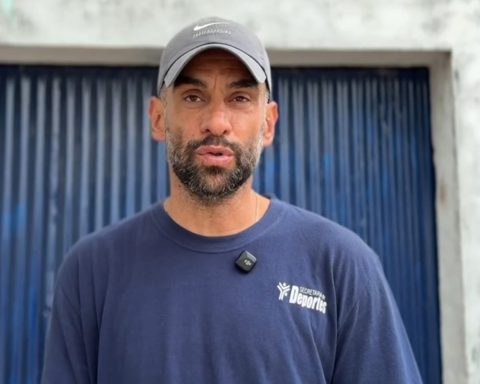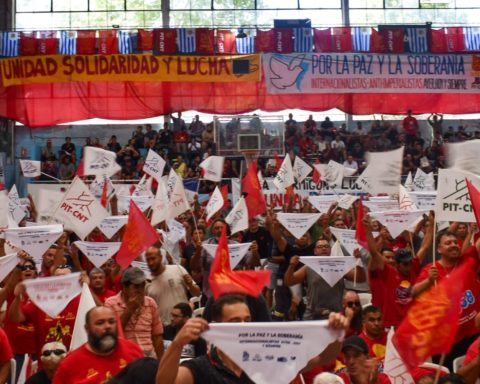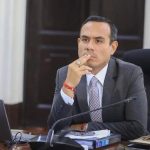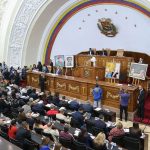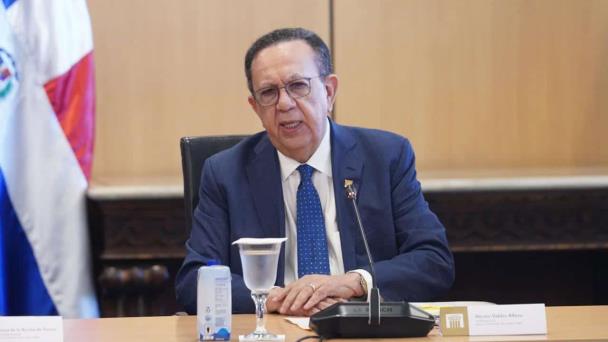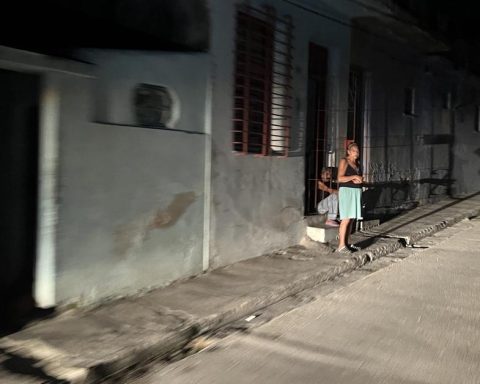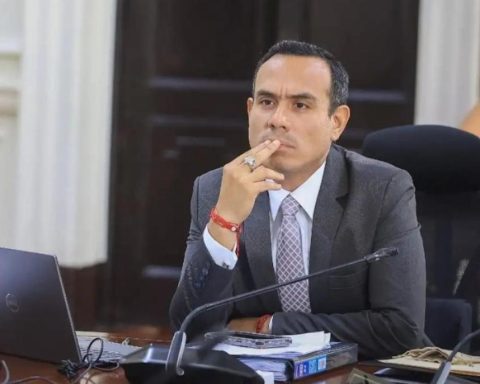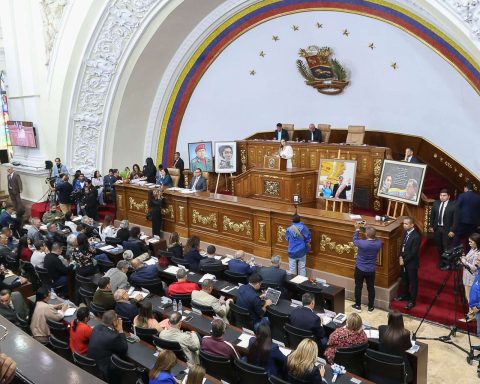The study, carried out between November 4 and 9 with a sample of 1,150 cases and a margin of error of +/- 2.3% for a confidence level of 95%, shows that, without considering undecided, Orsi reaches the 48.5% voting intention, while Delgado registers 45.1%. Blank or canceled votes represent 6.3%.
This Monday, Rafael Porzecanski, head of Opción Consultores, presented on Channel 4’s Telenoche the results of the most recent voting intention survey for the presidential runoff between Yamandú Orsi and Álvaro Delgado, scheduled for next November 24.
Evolution of the candidates
The 2024 historical series reveals a sustained rise for Orsi since February, when he was tied with Delgado at 44%. In April it reached 48%, and, although in July it reached 50%, it currently stands at almost 49%.
For his part, Delgado showed ups and downs, reaching his lowest point in July with 38%, and then progressively rebounding to reach 45% in November, marking a clear recovery since the beginning of the campaign.
The blank or annulled vote has also shown a sustained decrease, going from 12% in February to 6% currently.
Voter profile
Among those who support Orsi, 42% define themselves as “firm” voters and 6% “in doubt.” In the case of Delgado, 38% claim to be sure of their vote, while 7% still have doubts.
Regarding the electorate that did not support either of the two candidates in the first round, 82% of the voters of the government coalition lean towards Delgado, while 12% do so for Orsi and 6% remain undefined. Among non-aligned voters, 38% support Orsi, 24% support Delgado and the remaining 38% remain undecided.
A closed stage
Two weeks before the second round, Yamandú Orsi maintains a three-point advantage over Álvaro Delgado. However, the strengthening of the loyalty of the coalitionist electorate and the number of undecided people in non-aligned sectors make up a competitive and uncertain panorama.
The outcome of the runoff will depend, to a large extent, on the ability of both candidates to capture votes from undefined sectors and consolidate their current support in the days prior to the election.




